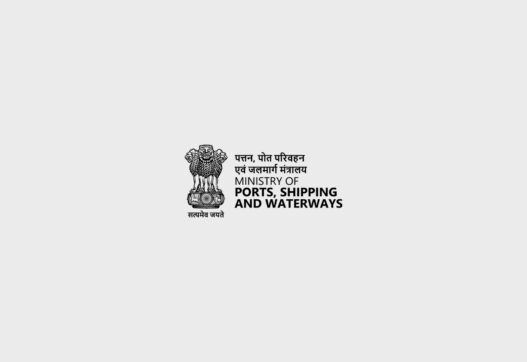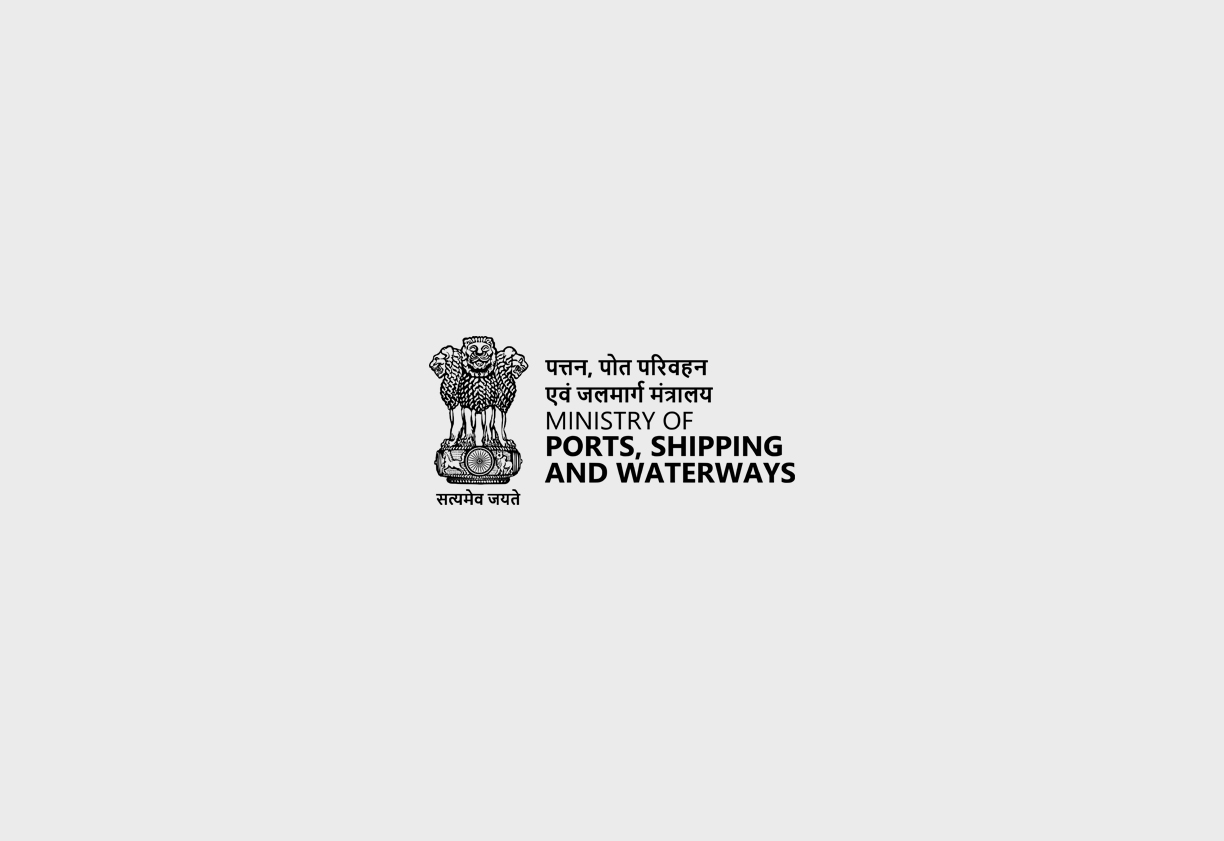Ministry of Shipping
The Indian Ports Act, 1908, was enacted to consolidate and amend the laws relating to ports and port charges in India. Prior to this Act, multiple regulations governed various aspects of port administration and operations, leading to complexities and inconsistencies. The Act aimed to create a unified and comprehensive legal framework, addressing issues such as port officials’ powers and duties, safety of shipping, levy of port dues, and penalties for violations. This Act falls under the Ministry of Ports, Shipping and Waterways.
Enactment Date, Number of Chapters, Number of Sections:
The Indian Ports Act was enacted on December 18, 1908. It consists of eight chapters and 69 sections (with some sections repealed over time).
Act Governed By:
The Act is governed by both the Central and State Governments, depending on the type of port (major or minor) and the specific provision. Major ports are under the direct control of the Central Government, while minor ports are typically managed by State Governments.
On Whom It Is Applicable:
The Act applies to all vessels entering or operating within Indian ports, including their masters, crews, and owners. It also applies to port officials, pilots, and any individuals or entities engaged in activities within port limits.
Penalties/Punishments:
The Act prescribes various penalties for violations, including fines and imprisonment. Offenses range from damaging port infrastructure and violating safety regulations to evading port charges and disobeying lawful directions from port officials.
Important Pointers:
-
Consolidates previous enactments related to ports and port charges.
-
Defines the powers of the Central and State Governments regarding port administration and rule-making.
-
Provides for the appointment and duties of port officials, including the conservator and health officer.
-
Establishes rules for the safety of shipping and the conservation of ports, covering navigation, mooring, ballast discharge, and fire safety.
-
Authorizes the levy of port dues and other charges, specifying rates and methods of collection.
-
Outlines procedures for dealing with wrecks and obstructions within port limits.
-
Specifies penalties for various offenses and procedures for their recovery.




